Ice has always moved. When glaciation took hold some 34 million years ago, interconnected rivers of ice combined to produce the Earth's vast ice sheets. As temperatures slowly warmed glaciers developed a unique balancing act; advancing and retreating to calibrate their annual winter accumulation against summer melt. Sometimes calving colossal icebergs into the sea. A positive feedback loop that has regulated the movement of ice for millions of years.
Today ice is moving faster still, as anthropogenic factors accelerate climatic changes. The Earth is burning up.... and ice is on the move. However, in the early 1800s colonialism and capitalism had already joined forces to move ice. Not as an unforeseen consequence of industrialisation -- which we now recognise as a key accelerator of atmospheric warming -- but as a commodity in and of itself. What came to be known as the "frozen water trade". A trans-hemispheric commerce in natural ice that moved its crystal cargo along the well-established shipping routes of plantation economies and the spice trade.
![]()
![]()
Commissioned by BEK - Bergen Centre for Electronic Arts and Sonic Acts, Amsterdam.
Supported by Arts Council Norway and the artistic research project Illuminating the Non-Representable, an artistic research NARP project at the Faculty of Fine Art, Music and Design, University of Bergen.
Part of New Perspectives for Action – a project by Re-Imagine Europe, co-funded by the European Union.
Practice Research Development Fund Goldsmiths University of London
Humid Traces, Curated by Federico Pérez Villoro, Ford Foundation, New York (19 February -20 June 2026)
Shadows Leave Traces, National Gallery of Art, Vilnius, Lithuania (28 January 2026)
On Wasted Grounds, Diaphanes, Berlin (6 Dec 2024)
Norwegian Premiere, Kunstnernes Hus, Oslo (22 May 2024)
European Premiere, Cinemateket i Bergen (21 May 2024)
World Premiere, Eye Film Museum, Amsterdam (5 March 2024)
Today ice is moving faster still, as anthropogenic factors accelerate climatic changes. The Earth is burning up.... and ice is on the move. However, in the early 1800s colonialism and capitalism had already joined forces to move ice. Not as an unforeseen consequence of industrialisation -- which we now recognise as a key accelerator of atmospheric warming -- but as a commodity in and of itself. What came to be known as the "frozen water trade". A trans-hemispheric commerce in natural ice that moved its crystal cargo along the well-established shipping routes of plantation economies and the spice trade.
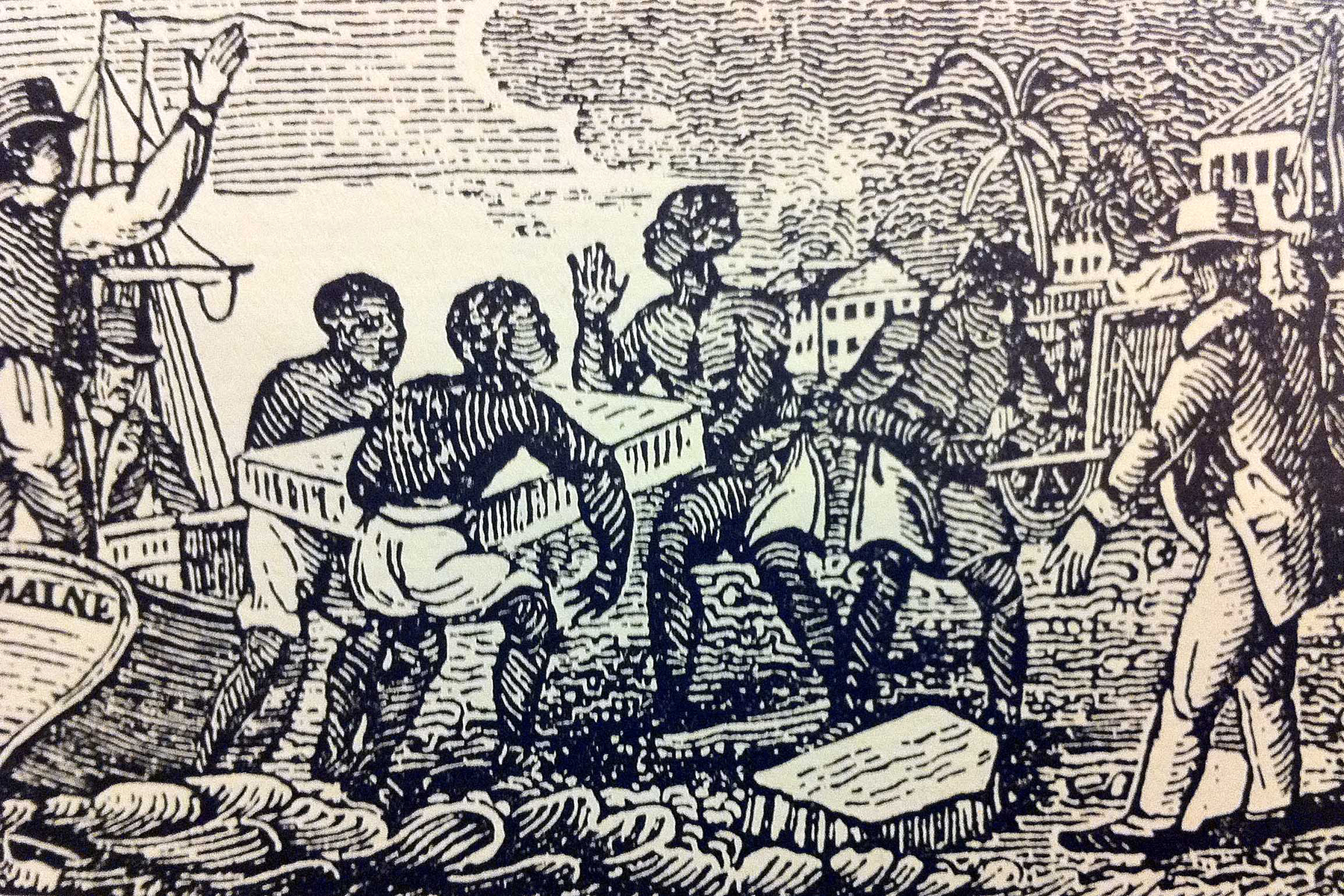
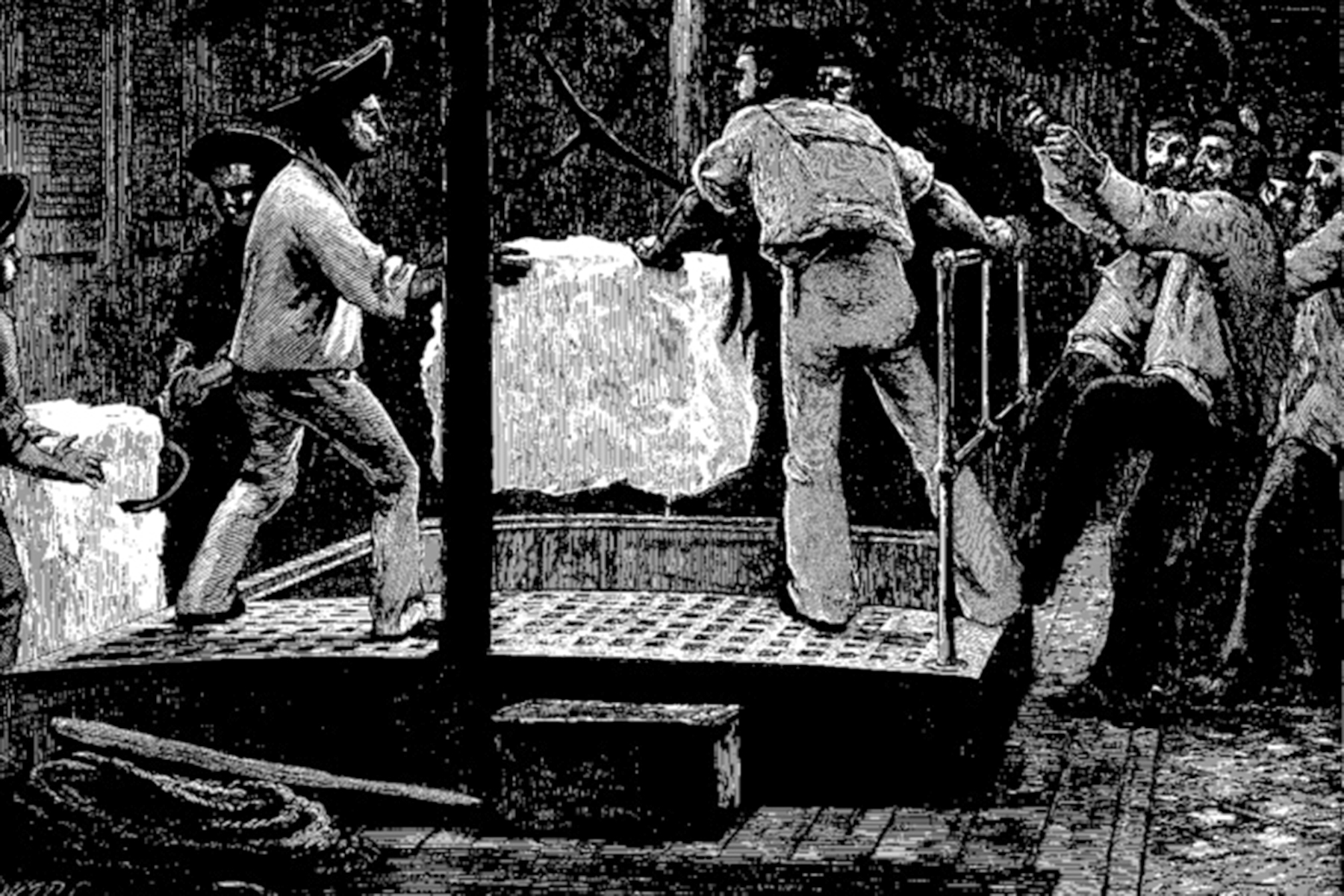
Commissioned by BEK - Bergen Centre for Electronic Arts and Sonic Acts, Amsterdam.
Supported by Arts Council Norway and the artistic research project Illuminating the Non-Representable, an artistic research NARP project at the Faculty of Fine Art, Music and Design, University of Bergen.
Part of New Perspectives for Action – a project by Re-Imagine Europe, co-funded by the European Union.
Practice Research Development Fund Goldsmiths University of London
EXHIBITIONS
Humid Traces, Curated by Federico Pérez Villoro, Ford Foundation, New York (19 February -20 June 2026)
SCREENINGS
Shadows Leave Traces, National Gallery of Art, Vilnius, Lithuania (28 January 2026)
On Wasted Grounds, Diaphanes, Berlin (6 Dec 2024)
Norwegian Premiere, Kunstnernes Hus, Oslo (22 May 2024)
European Premiere, Cinemateket i Bergen (21 May 2024)
World Premiere, Eye Film Museum, Amsterdam (5 March 2024)

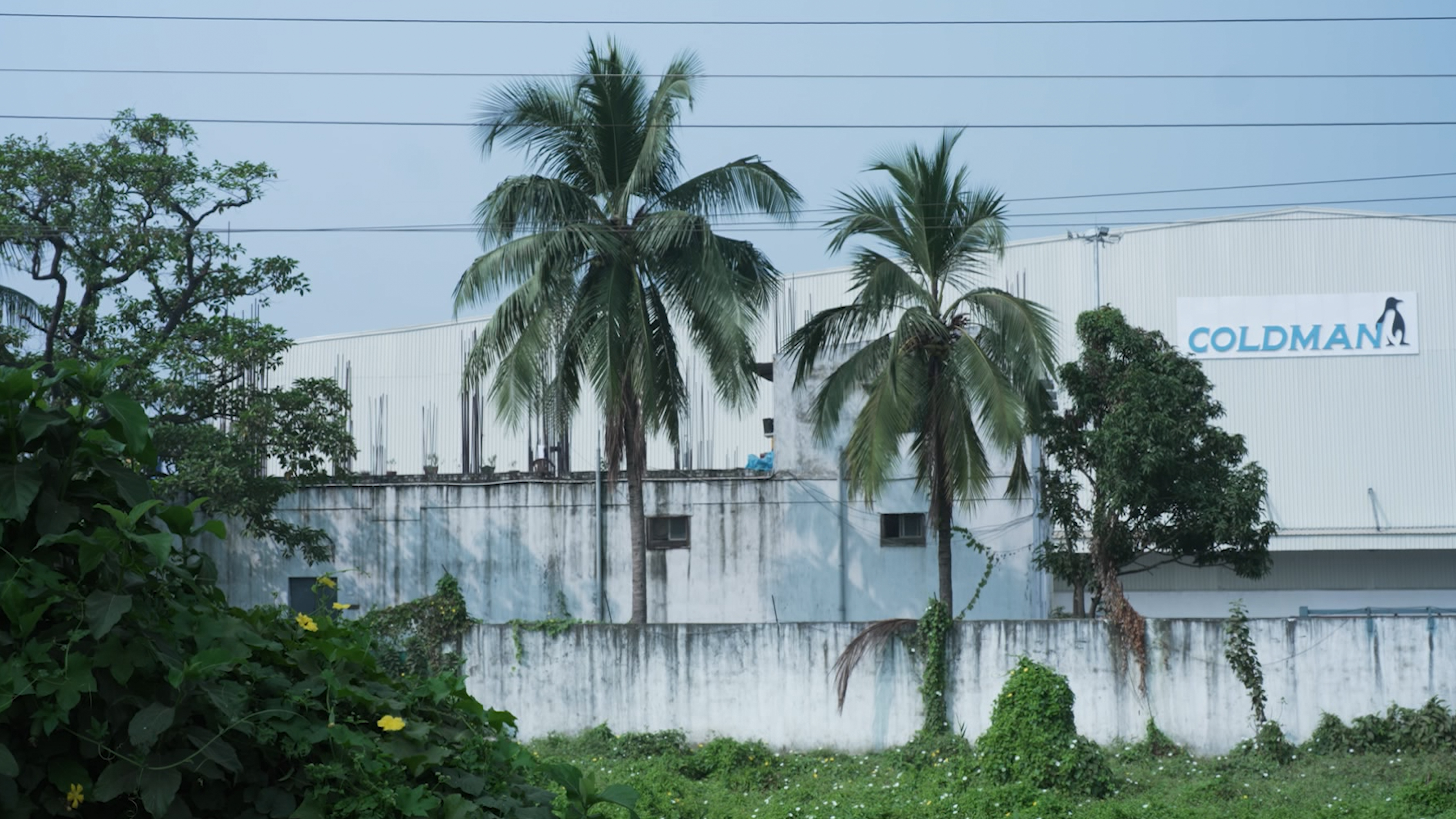

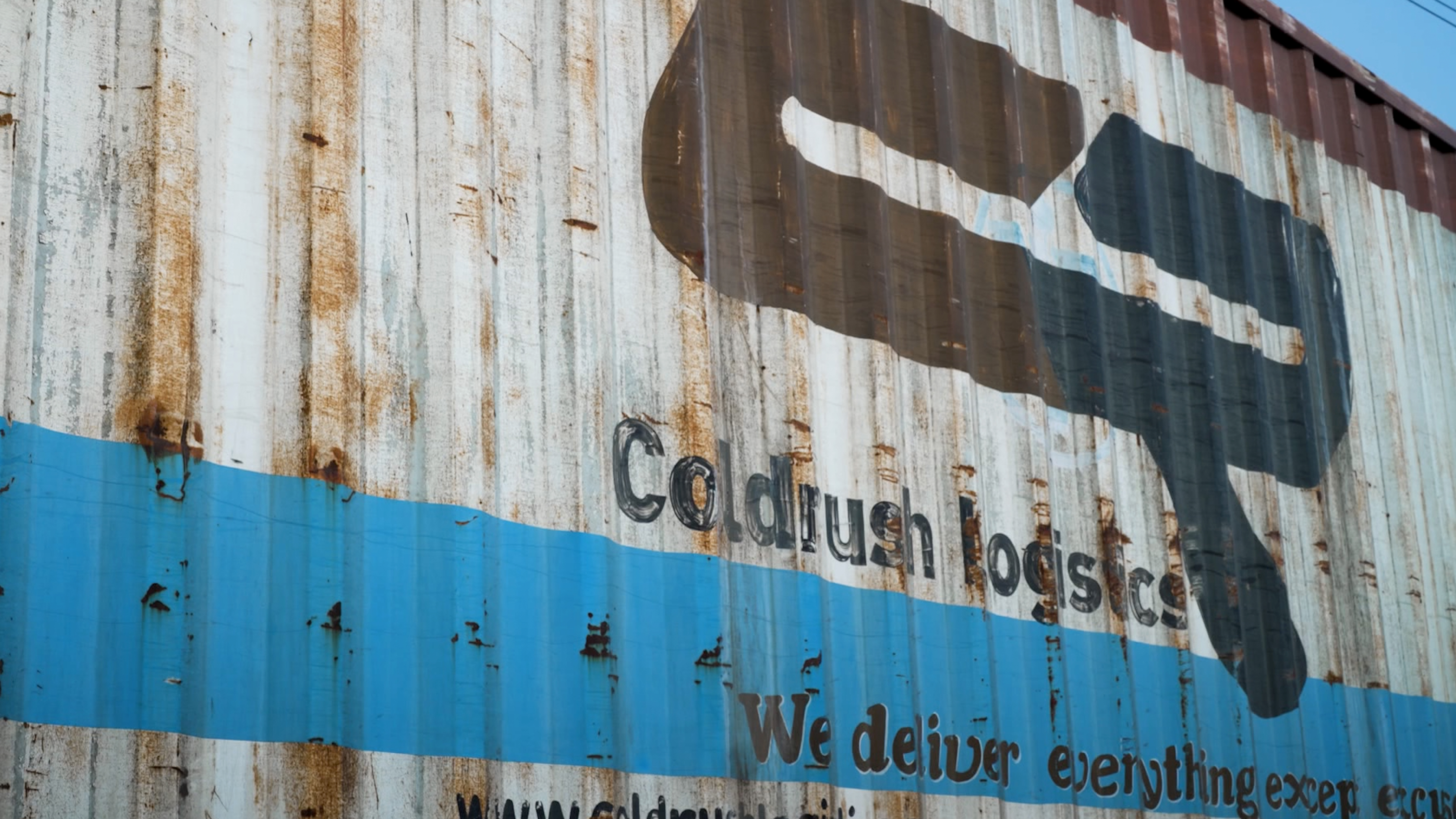








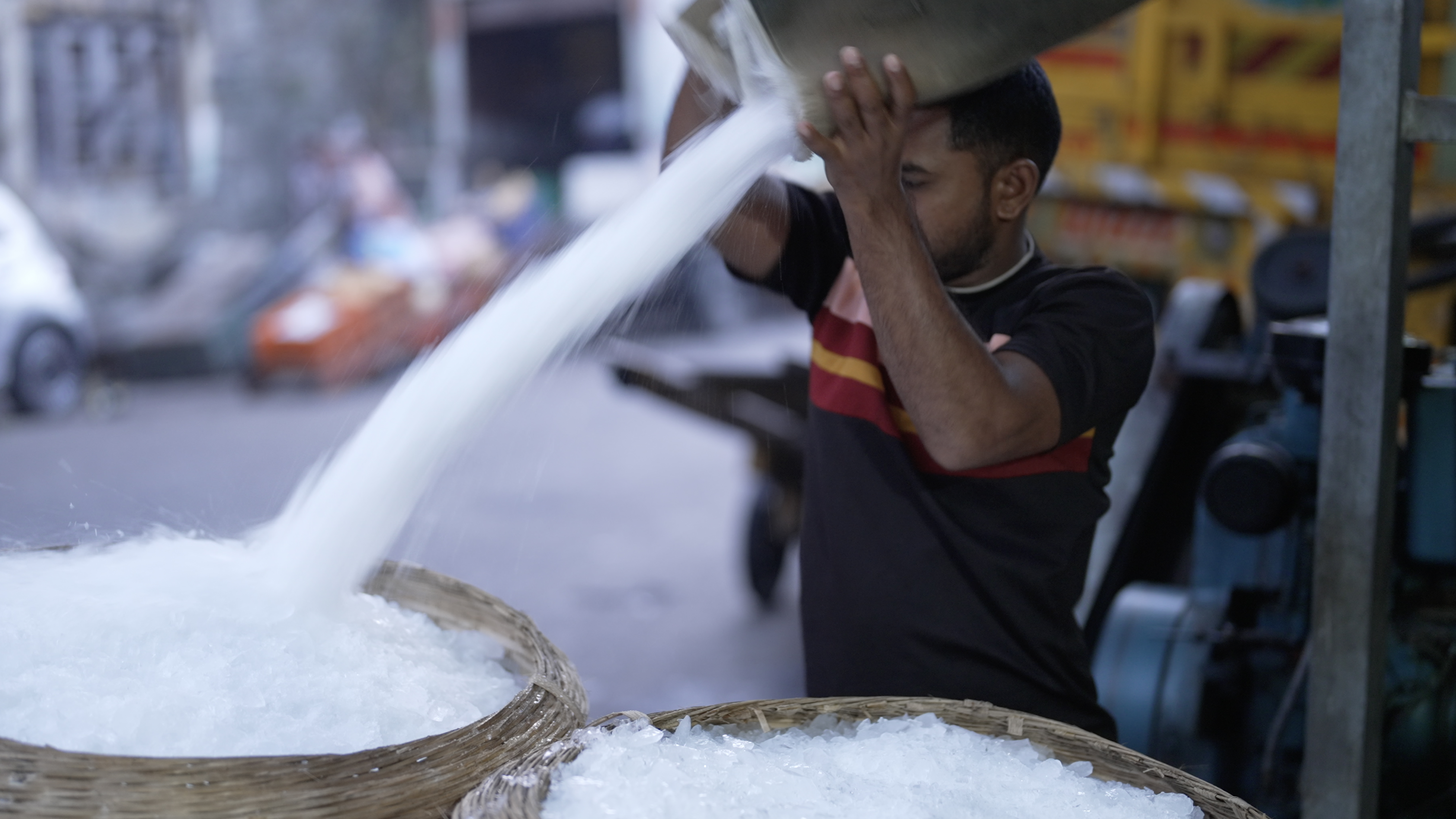
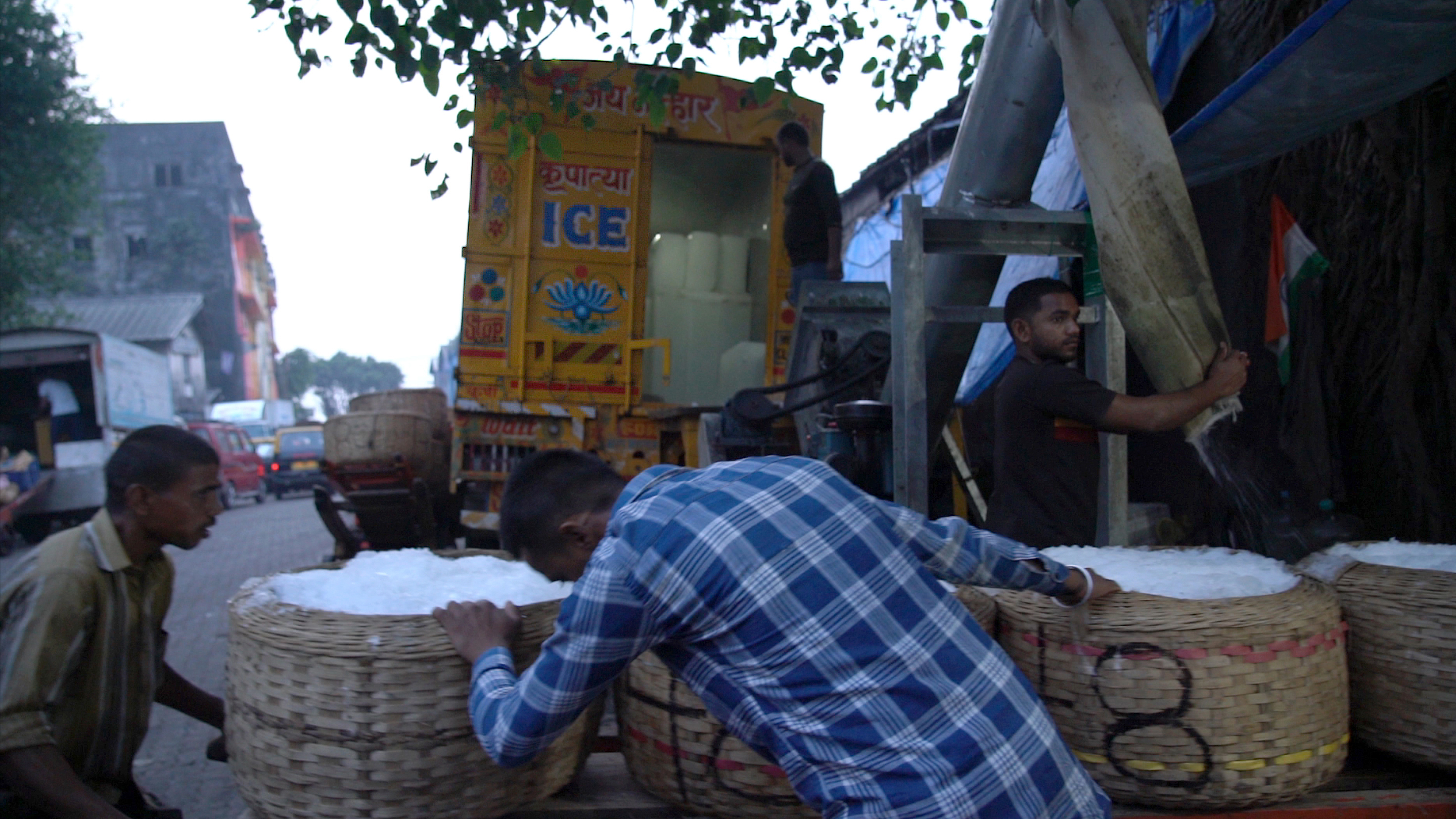

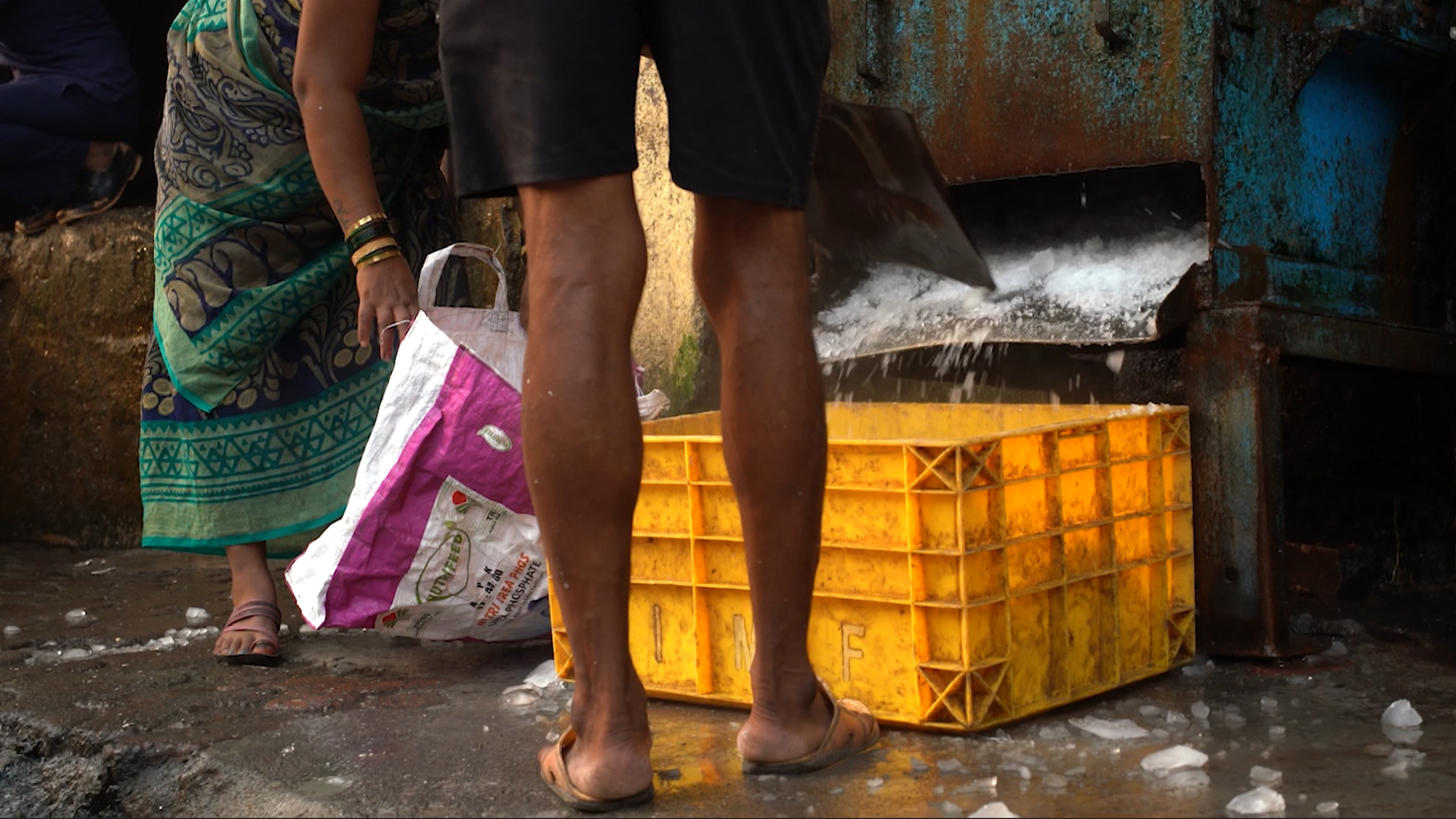


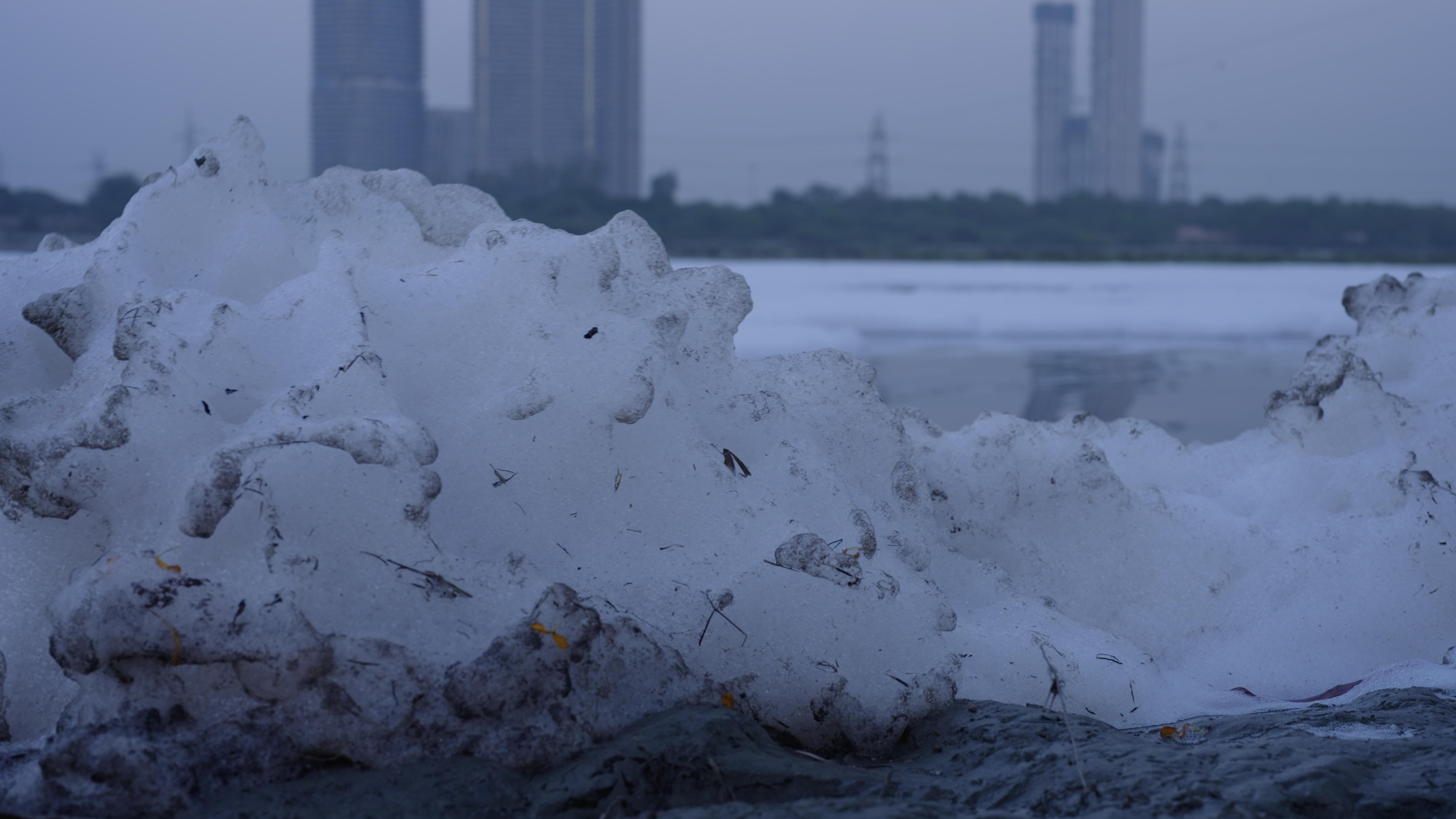
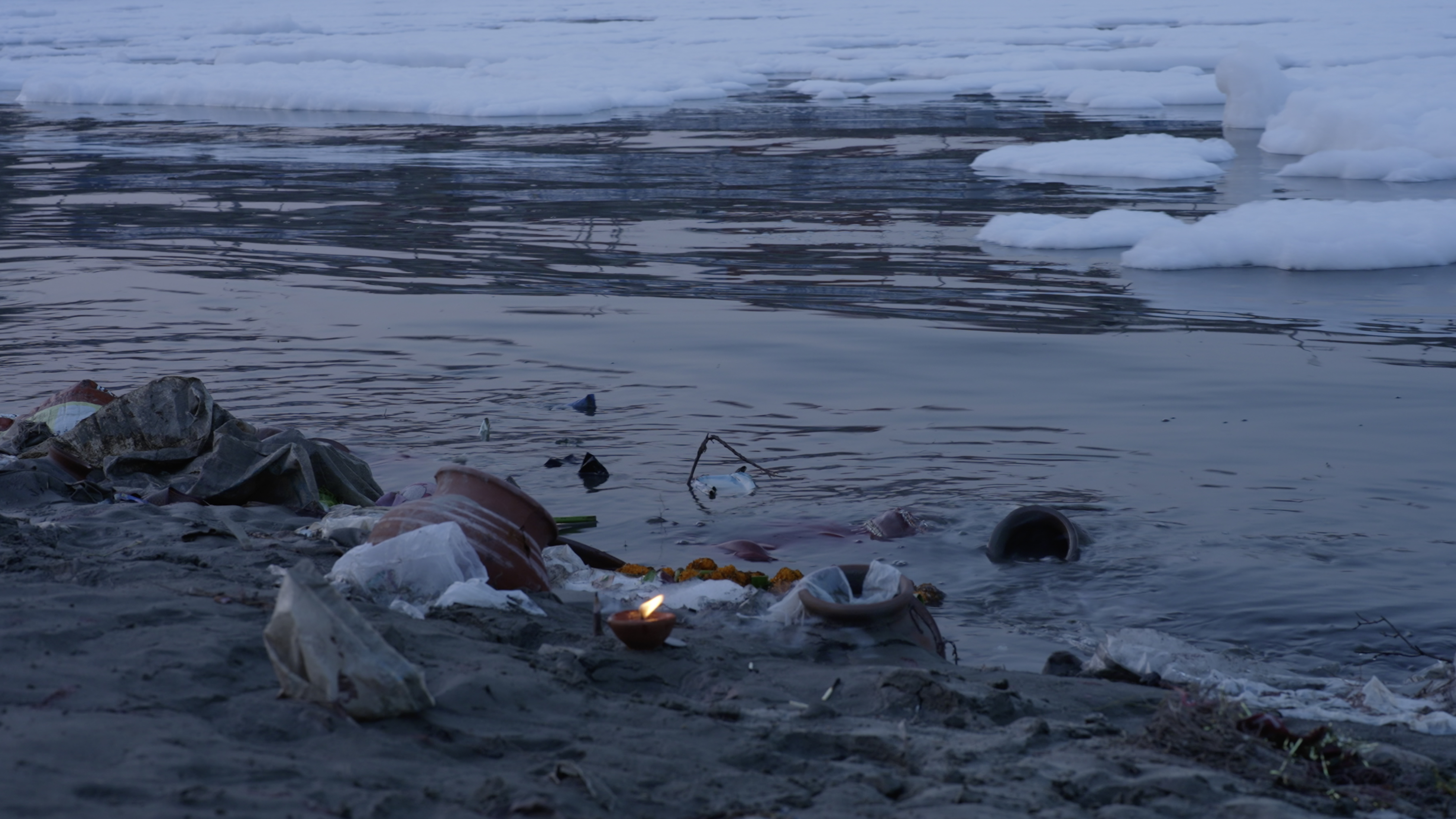
This film tells the story about how European and American merchants tried to cool the tropics through the financialisation of temperature. Shipping natural ice extracted from glaciers and winter lakes to colonial elites around the world.
Written & directed by Susan Schuppli, 4K colour & sound, 48:39 mins, 2024
Research Collaborator Faiza Ahmad Khan
WORKS